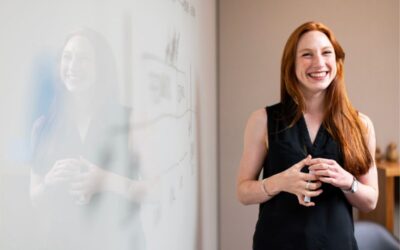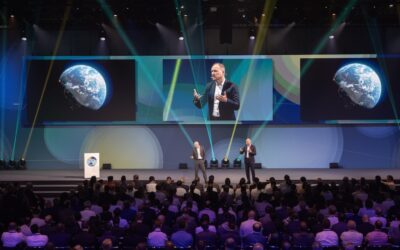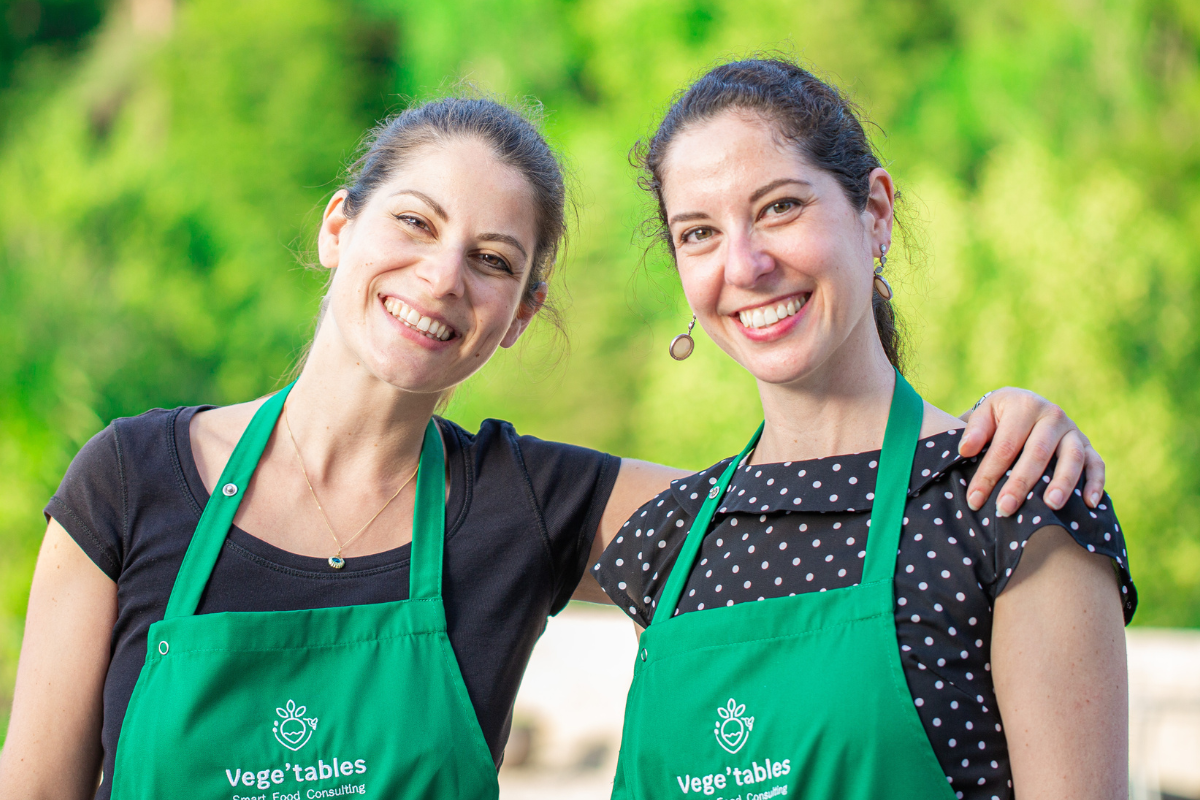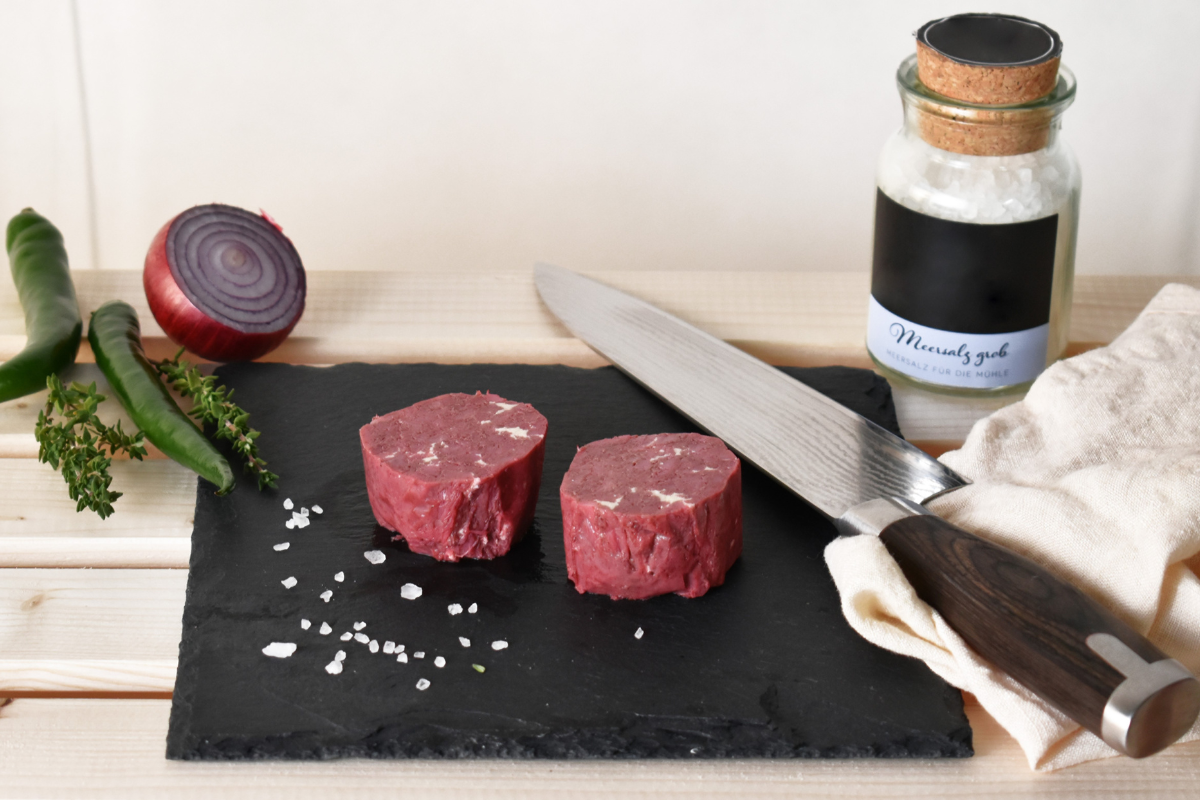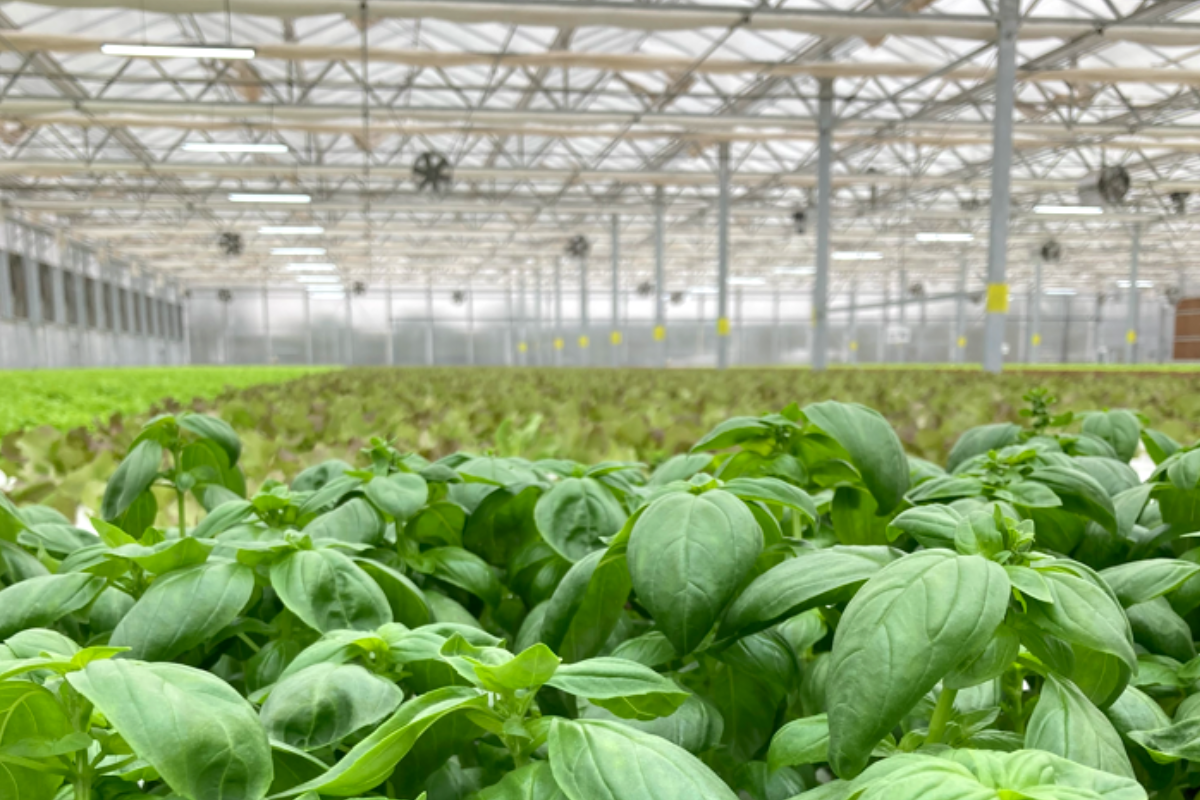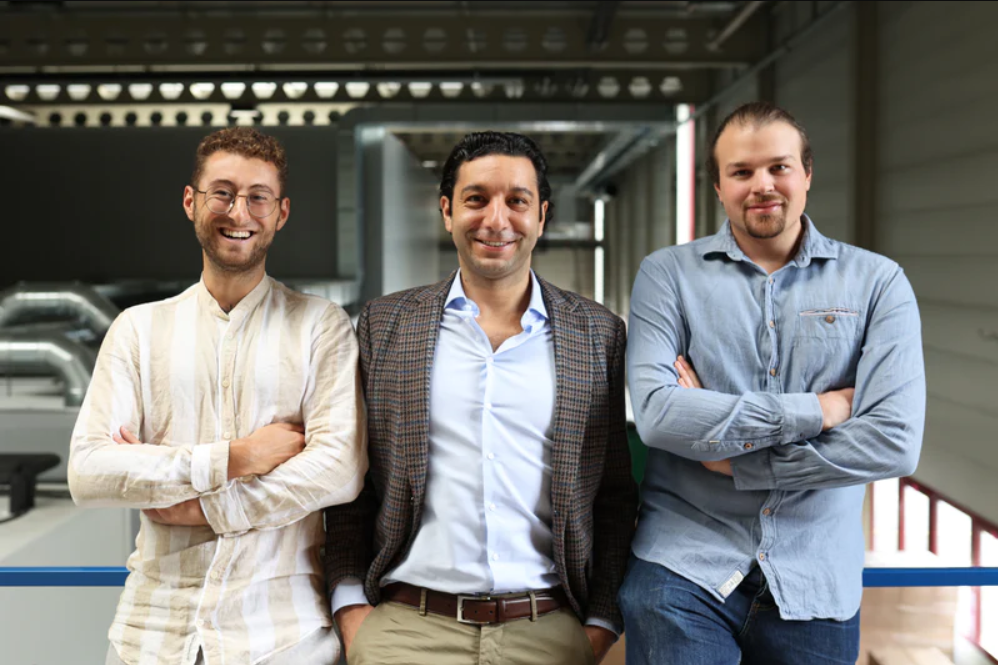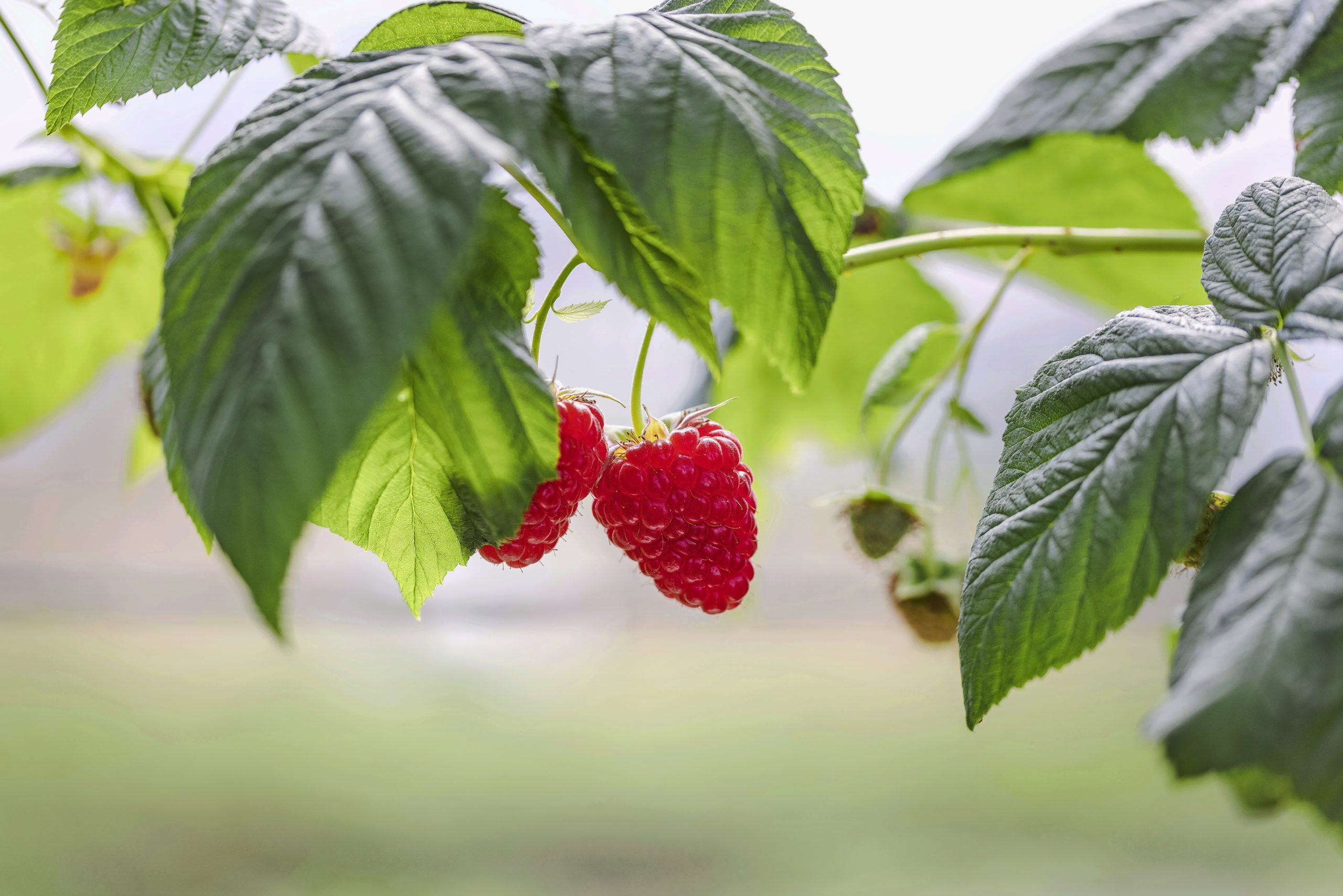Swiss foodtech startup GoNina has...
PowerAPI announces appointment of Coca Cola HBC executive Maté Varga as Chief Strategy Officer
PowerAPI announces appointment of Coca Cola HBC executive Maté Varga as Chief Strategy Officer
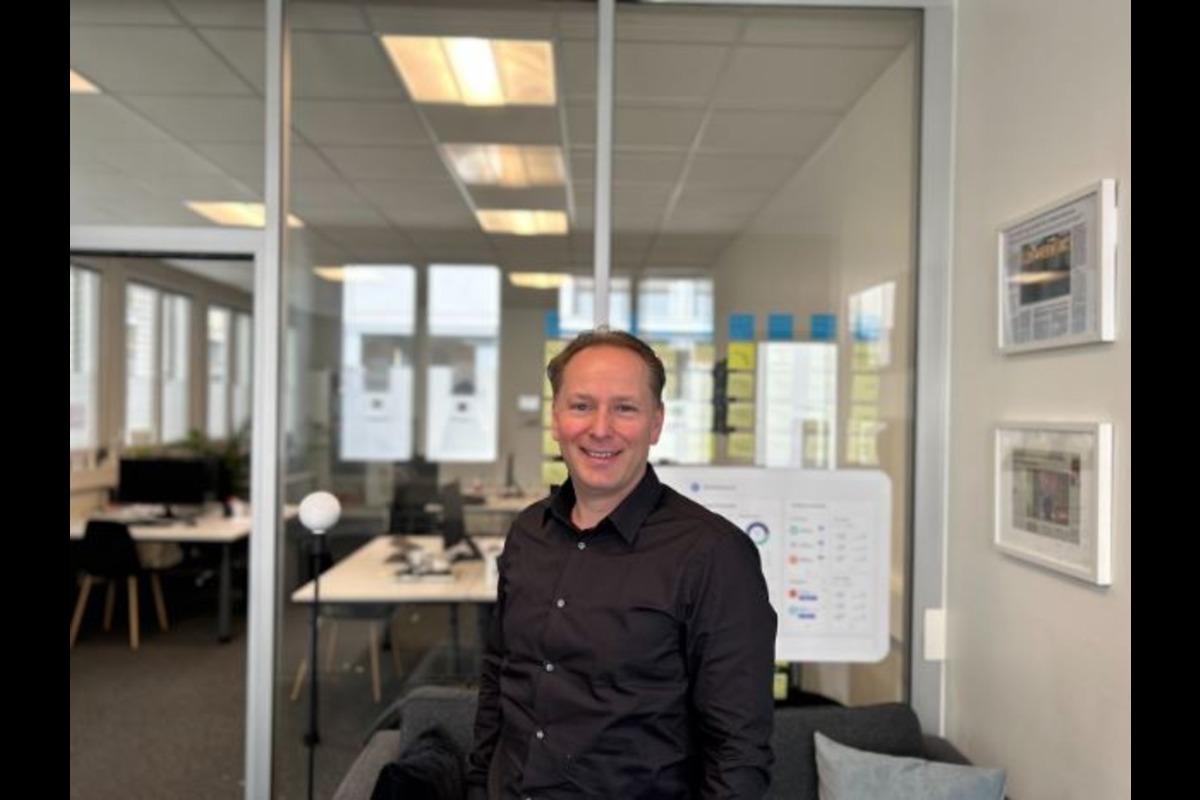
Swiss based commerce infrastructure platform PowerAPI has announced the appointment of Mate Carga as its new Chief Strategy Officer.
In his previous role, Maté served as Digital & Technology Platform Director, and has a noteworthy career of 20 years across Coca-Cola System. During
his career he was responsible for Sales, Route to Market, Performance and Revenue Growth Management before he became part of the Swiss Leadership team. In his recent role he led the building of Qwell.ch, a Coca-Cola spin-off D2C eCommerce and supported startup acceleration within the Coca-Cola System.
PowerAPI Founder and CEO Andrea Tassistro commented on the development; “We’re very excited to announce that Maté has officially joined our leadership team as Chief Strategy Officer. He’ll be putting his 20 years of experience in innovation, technology and strategy planning to work, scaling our platform as we expand globally. This is just the first of many exciting new hires we’ll be announcing in 2023.“
Founded in 2018, Valley partner PowerAPI offers local businesses and entrepreneurs an all-in-one platform which enables businesses to seamlessly manage their entire operations, tech stack, suppliers and marketing – optimising and automating their entire operations end to end.
Maté who also took up roles including Revenue Growth Manager, will lead the company’s growth strategy, directed and executed business assessment and strategy development.
“The economy is undergoing a fundamental shift, as organisations adapt their business models to fully take advantage of digital technology: companies are building stronger relationships with their consumers, expanding internationally, distributing online services, and automating their supply chains. Moving to PowerAPI gives me the opportunity to leverage my experience of global scale combined with speed of execution.“, said Maté.
Along with this appointment, PowerAPI has recently announced the release of its Universal API. and the onboarding of Rahul Chauhan, as VP of Partnerships and Licensing, who brings 10 years experience in Digital CX, SAAS, Fintech and Digital Space on a mission to scale PowerAPI partnerships globally.
About PowerAPI
PowerAPI empowers corporates, service & product integrators, agencies and the public sector with white label plug and play tools to facilitate digitalization, boost their product offering, answer customer needs, and a quick go-to-market. PowerAPI’s OpenAPI and SDK’s facilitates integration, and our partner success team ensures you have top class support. SMB’s use PowerAPI as an all-in-one operational software to manage their entire tech stack, automate operations, simplify their admin, grow their online revenues, and accelerate new business opportunities.
Looking for talent or your next opportunity?
Sign up below to find out when our new job platform launches.
Latest News
GoNina secures new funding from the Migros Pioneer Fund in its mission to reduce food waste
Bühler Scale-Up Day accelerates industry and start-up collaboration
Valley partner Bühler is making...
What if talent – not tech – is the missing ingredient in building food system resilience?
What if talent – not tech – is the...
Bühler Networking Days 2025: Scaling sustainable food solutions through collaboration
More than 1,200 industry leaders from...


